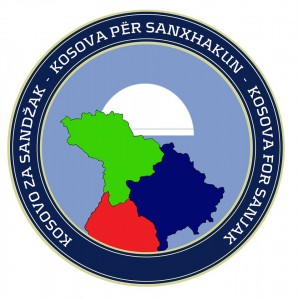History
SANDŽAK IZMEĐU DVA RATA – Formiranje Džemijeta
U uslovima kada srpska vlast nije dozvolila formiranje legalnih nacionalnih partija, neki albanski patrioti, na...
Read moreKërkime onomastike-historike për minoritete të shuara e aktuale të Kosovës – BOSHNJAKËT
Apetitet e boshnjakëve për ekspansion dhe boshnjakizim të të gjithë besimtarëve myslimanë të Ballkani shkojnë...
Read moreSabile Basha: Mustafë Koka – Dora e djathtë e Hasan Remnikut
T'I KUJTOJMË ATDHETARËT TANË: MUSTAFË KOKA - DORA E DJATHTË E HASAN REMNIKUT (1931-u likuiduan...
Read moreRizah Gruda (1946), Guci, resident in Novi Pazar (Part I) Old Histories from old peope
Rizah Gruda (1946), Guci, resident in Novi Pazar (Part I) Old Histories from old peope...
Read moreRizah Gruda (1946), Guci, resident in Novi Pazar (Part II) Old Histories from old peope
Rizah Gruda (1946), Guci, resident in Novi Pazar (Part II) Old Histories from old peope...
Read more1944 Bedri Pejani: Letter to Heinrich Himmler
The Kosovo Albanian political figure Bedri bey Pejani (1885-1946) was born in Peja. He attended...
Read moreSanjak of Novi Pazar
The Sanjak of Novi Pazar (Bosnian and Serbian: Novopazarski sandžak/Новопазарски санџак; Turkish: Yeni Pazar sancağı)...
Read more